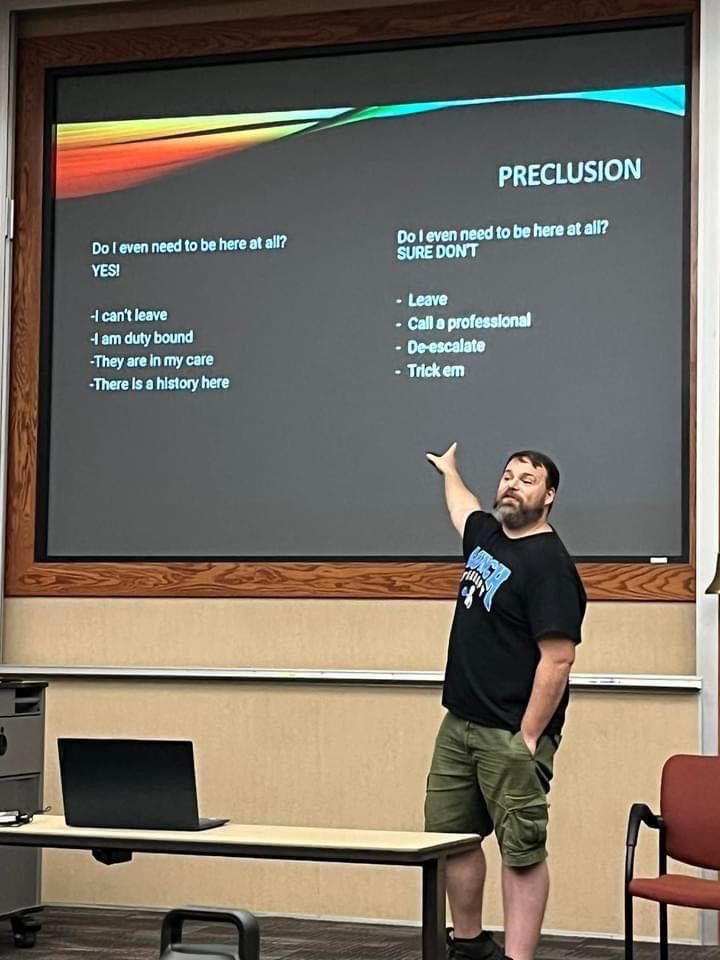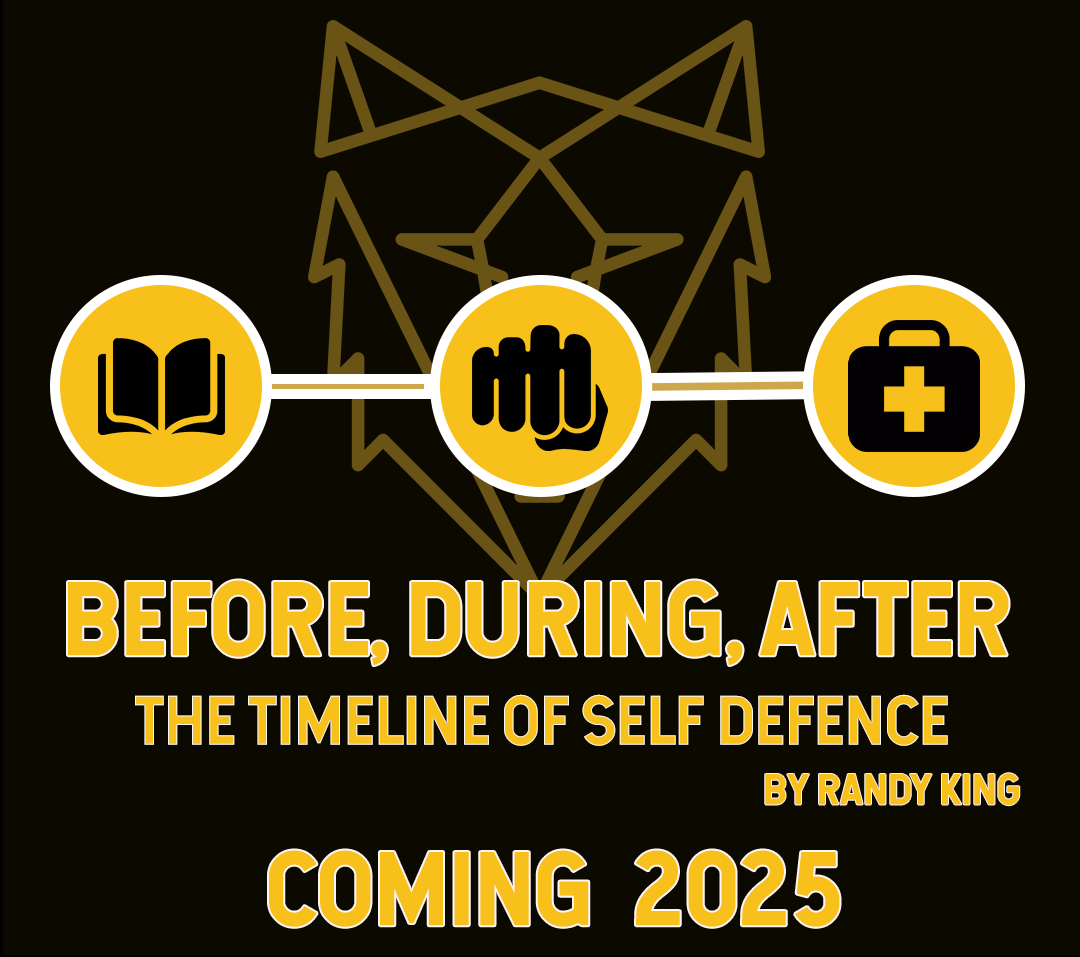Why 80:20 is the magic number for self protection success | 80:20 Conflict Management Strategies
Learn how to maintain an 80/20 perspective in any situation--the key to success in any field.

Did you know that self protection is 80% proactive skills and 20% active and reactive skills? Most people seem to think that the only way to protect themselves is to be constantly on the lookout for danger and ready to react, but that's not actually true. In order to be truly successful at self protection, you need to develop a strong proactive skillset combined with a good understanding of how to respond effectively when danger does present itself. With the right training, anyone can learn these essential skills and feel more confident in their ability to stay safe. So don't wait – start learning today!
Being proactive is always better than being reactive. That's true in most areas of life, and it's especially true when it comes to self-protection. Studies have shown that the vast majority of self-defense situations can be resolved without resorting to physical violence. Physical skills are only a small part of self-protection. We know that self-defense situations can be de-escalated or avoided entirely through the use of proactive skills such as boundary setting, assertiveness, and verbal self-defense. In other words, the best way to protect yourself is to focus on prevention rather than reaction. So what does that mean in practical terms? Here are a few tips:
Be aware of your surroundings, stay curious, don’t just look for the bad look at everything and you will notice the bad, but also all the cool things you may have missed.
Trust your instincts, gut, sixth sense, intuition or whatever you call it. If something feels off, it probably is. Don't dismiss your intuition just because you can't explain it logically in the moment, we are not wired that way. You don't have to be friends with everyone but make an effort to build positive relationships with the people in your life, people rarely punch the smiling bouncer. Conflict is inevitable but try to resolve disagreements peacefully whenever possible and don't forget the two best ways to improve the safety in your life is to have strong boundaries and have a good community around you. These two things will help more than any martial arts class ever will.
The goal is to avoid problems before they start, and the best way to do that is to focus on the skills that will really keep you safe. That doesn't mean you should never defend yourself physically if needed - that's the 20 percent - but it does mean you should focus on the 80 percent that will help you stay out of trouble in the first place. boundaries, community and permission are key. By setting boundaries with others, you let them know what is and isn't acceptable. This helps to prevent problems before they start. By being a part of a community, you can build relationships of trust and mutual respect. And by giving yourself permission to use all of these skills when needed, even against someone you may know (as that is the highest likely hood of attacker) you will be way ahead of the curve when it comes to self protection.
When we talk about the 80/20 approach, we're really talking about boundaries. boundaries in our relationships, boundaries in our communities, and boundaries in our own permission-giving process. We've seen countless examples of how important these boundaries are in real world situations, especially when it comes to violence. All too often, people find themselves in bad situations because they didn't have the proper boundaries in place. They allowed someone to control them psychologically or they didn't have the resources to defend themselves physically. With the 80/20 approach, we hope to help people prevent these kinds of situations by giving them the tools they need to set boundaries and protect themselves.
The bottom line is, if you want to be able to protect yourself and your loved ones effectively then you need to develop proactive skills. A good self defense system will give you these skills but it’s important that you find the right one for you. That’s why we offer seminars for individuals, groups and businesses – so that everyone can learn how to stay safe. If you are interested in attending a seminar or would like more information, please get in touch with us today.
Randy








